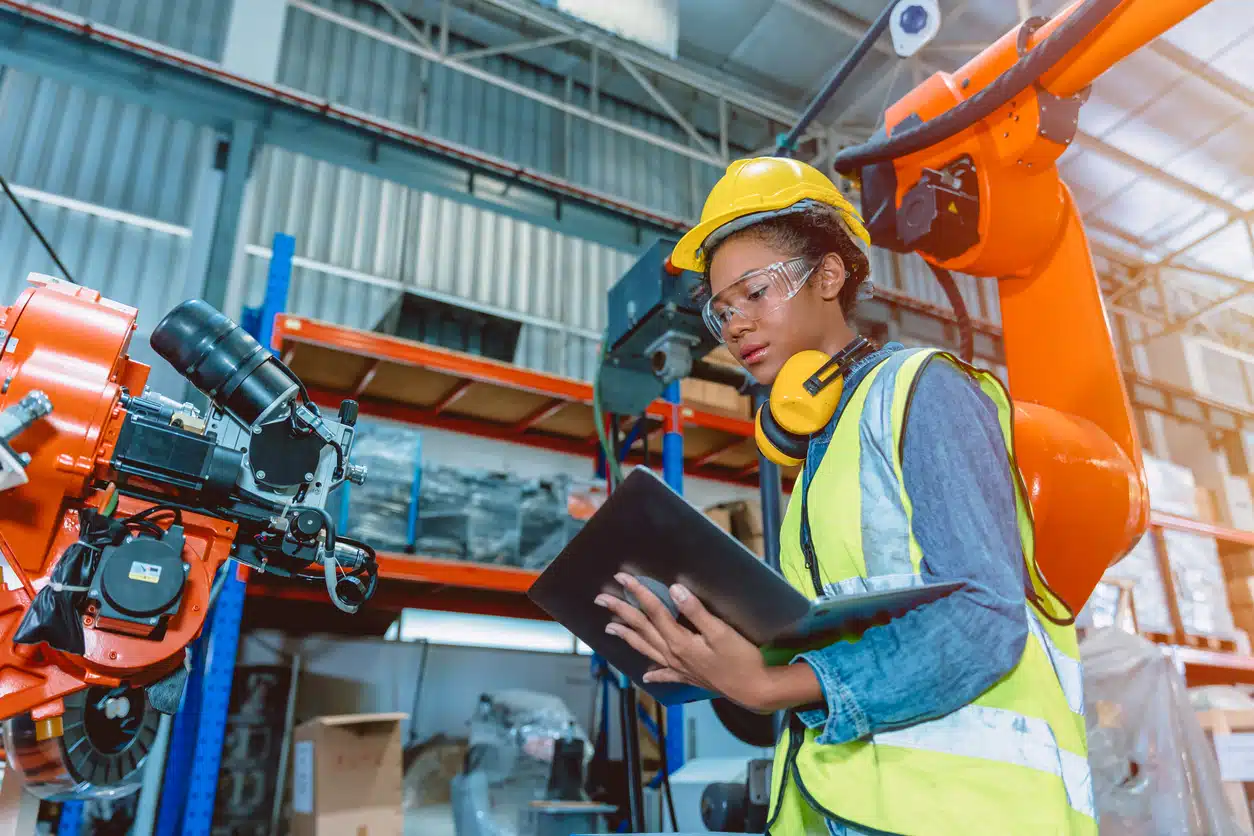Since the passage of two milestone spending packages in the United States last year, investment in domestic manufacturing has taken off stateside, with companies pumping more than $200 billion into manufacturing initiatives since August 2022.
According to data compiled by the Financial Times (FT), these investments—which focus primarily on clean technology and semiconductor production—are almost double what was seen in all of 2021, and roughly 20 times the investment rate seen in 2019.
That’s thanks to a suite of innovation tax credits and subsidies delivered as part of both the Inflation Reduction Act (IRA) and the Chips and Science Act (CHIPS), which, combined, funnel almost $400 billion into the US’s clean technology supply chain.
The IRA specifically includes $369 billion in tax credits for clean technologies, while the CHIPS act earmarks about $24 billion toward manufacturing tax credits, as well as an additional $39 billion in funds to stimulate semiconductor production specifically. Already, projects are moving forward in Arizona, New York, Ohio and Texas that take advantage of CHIPS funding, while FT has identified more than 75 manufacturing projects worth at least $100 million geared toward semiconductors, electric vehicles and renewable components since August 2022.
It’s estimated that these new projects alone could create upwards of 82,000 jobs in the burgeoning clean tech sector stateside—and this is just the start, as more guidance on tax credits and how businesses can take advantage of them is forthcoming.
In a recent Tweet (accompanied by video from a factory floor), US Energy Secretary Jennifer Granholm characterized the news as far-reaching beyond just the clean tech sector:
Investing in America is making us a clean energy and manufacturing powerhouse, which is helping us deploy clean energy resources in every corner of the country ?? — especially where it’s needed the most.
Clean energy investments across North America
While both the IRA and the CHIPS act come with stipulations that all manufacturing activities must take place in the United States—along with meeting business “best practice” standards around childcare, profit sharing and stock buybacks, to name a few—there’s similar momentum for clean technology development on the northern side of the border.
As part of the 2023 Canadian Federal Budget, for instance, Finance Minister Chrystia Freeland called for more than $83 billion in clean energy and technology tax credits. This includes a 15 percent refundable tax credit for clean electricity investment (totalling $6.3 billion over 4 years) and a 30 percent refundable clean technology manufacturing tax credit ($4.5 billion over 5 years).
While viewed as a direct response to both the IRA and the CHIPS act, Freeland’s Budget 2023 builds on the minister’s Fall Economic Statement, where she pledged to increase investment in renewable energy and carbon capture technologies, battery storage systems and EVs.
Canada is specifically poised to play a role in the global renewable energy supply chain thanks in no small part to the nation’s abundant Lithium reserves. As such, Budget 2023 also includes a 30 percent tax credit toward the mining and development of these valuable minerals.
Global peers are taking notice
While the passage of the IRA and CHIPS act has already proven to be a boon in the United States—while inspiring further investment from Canada—peer nations outside of North America have been less-than-pleased with the US government incentives to spur manufacturing at home.
Leaders in both France and South Korea have characterized the bills as “protectionist,” with French president Emmanuel Macron stating that the IRA threatens to “fragment the west.”
Still, investment into US manufacturing isn’t solely being led by native businesses, as roughly one third of investments tracked by FT came from Asian-headquartered businesses.
There’s a lot of change in store when it comes to federal grants and tax credits as they relate to innovative businesses across industries.
Subscribe to our blog to stay on top of the latest, and reach out to a member of the Boast team today to learn more about funding your innovative startup.





